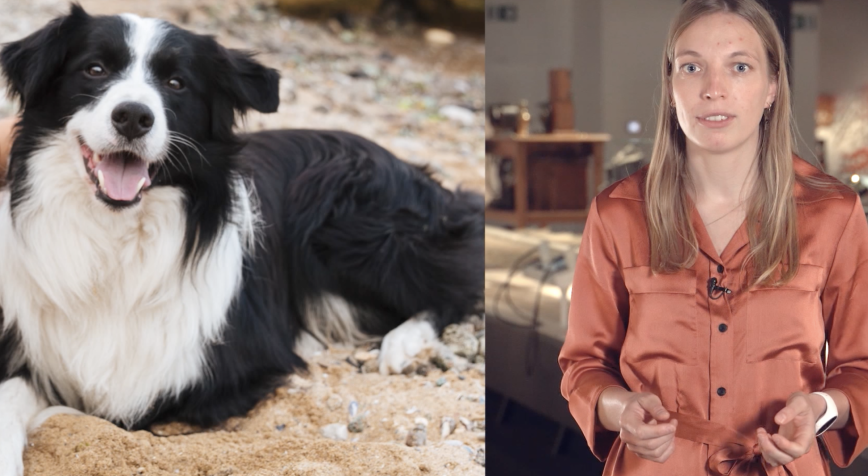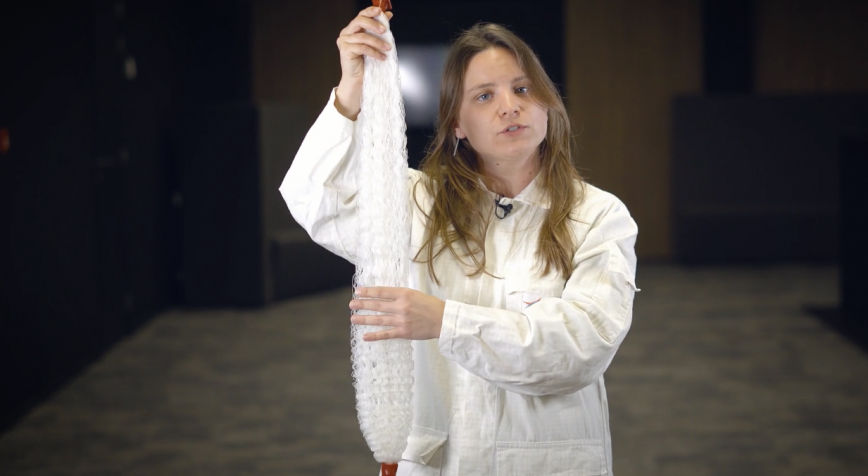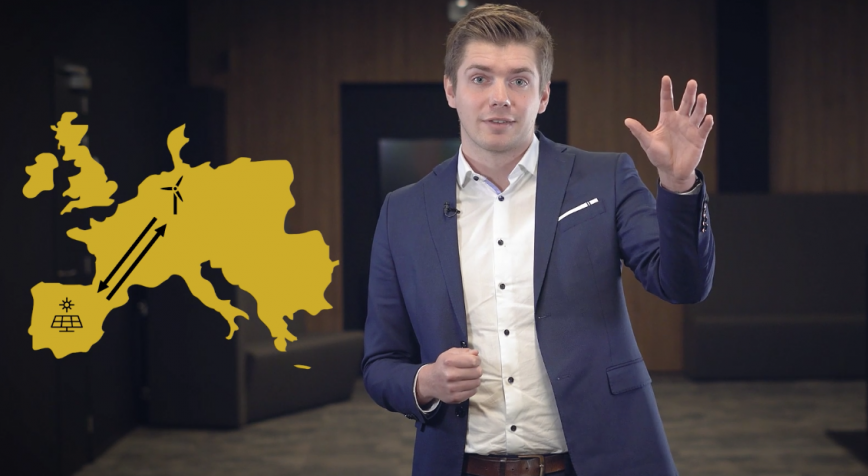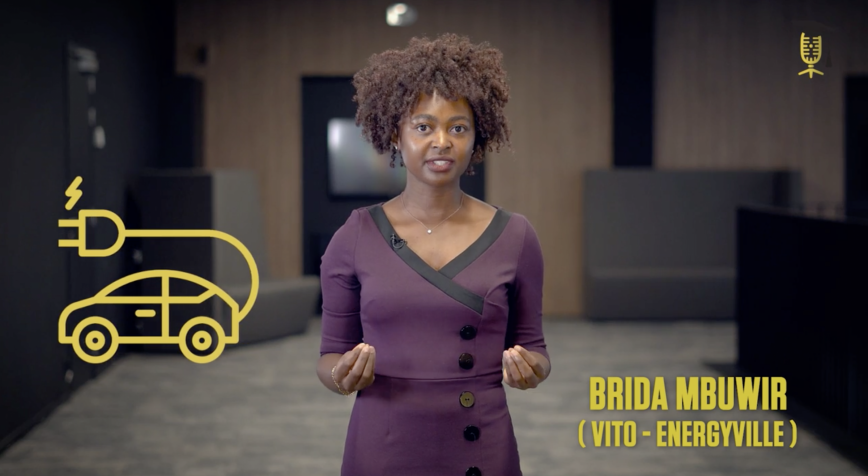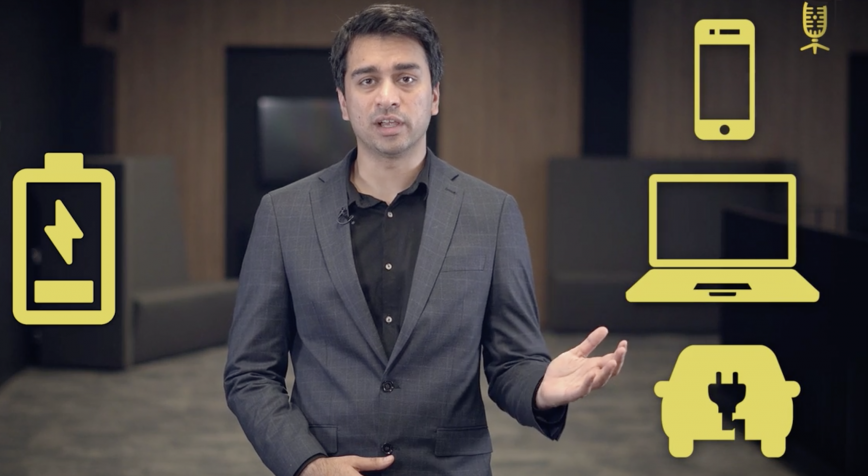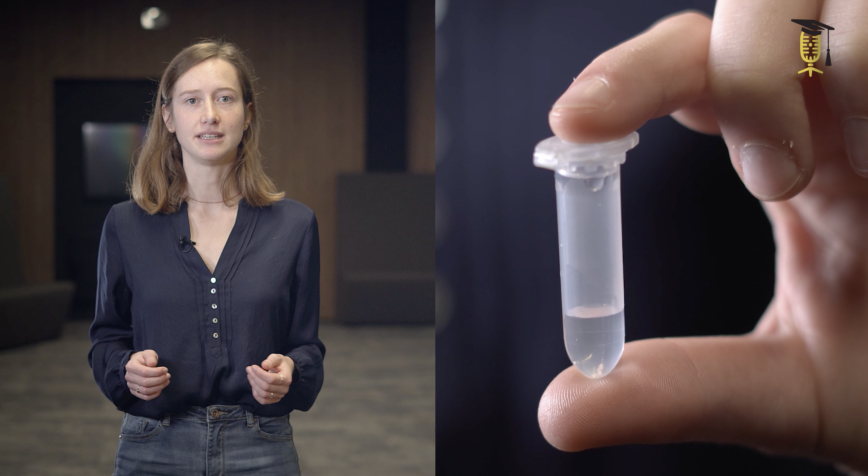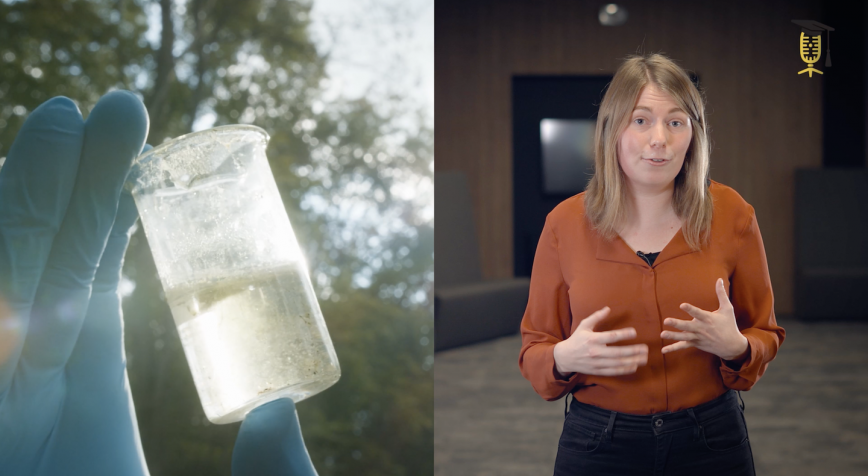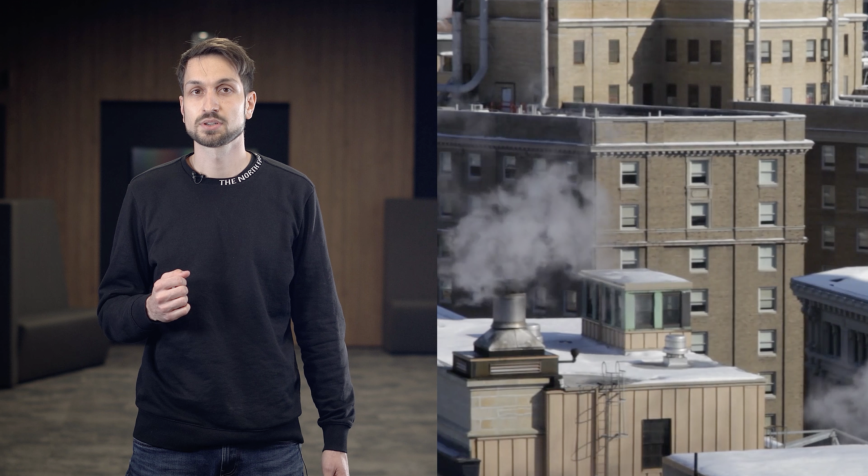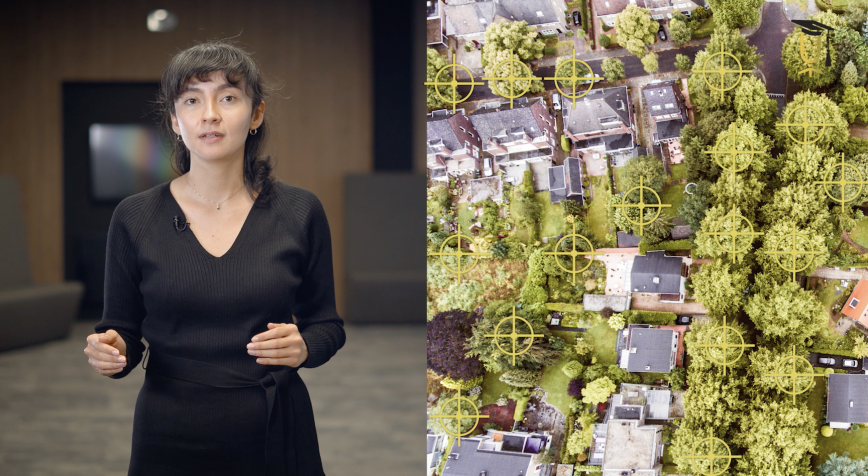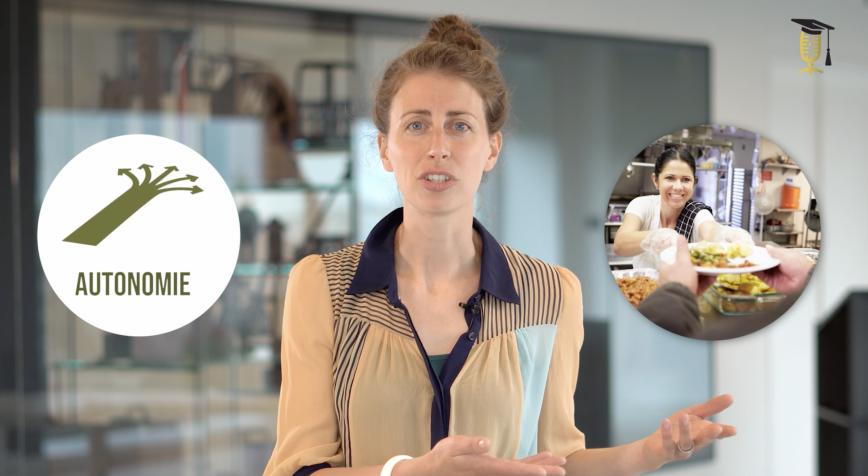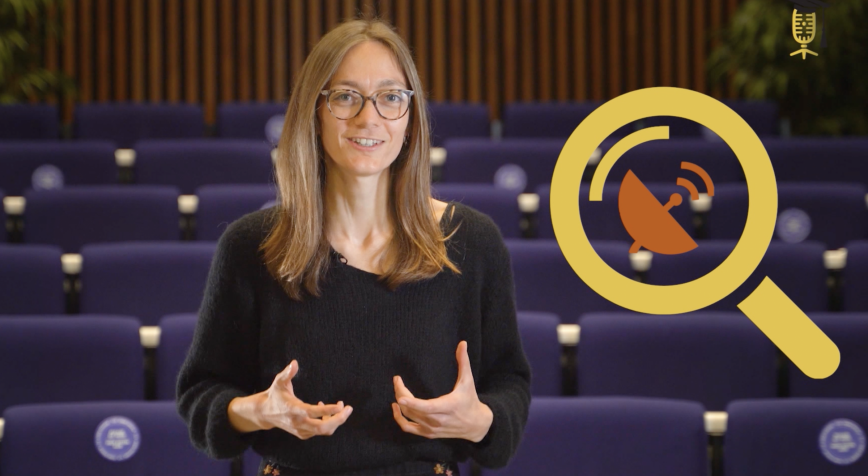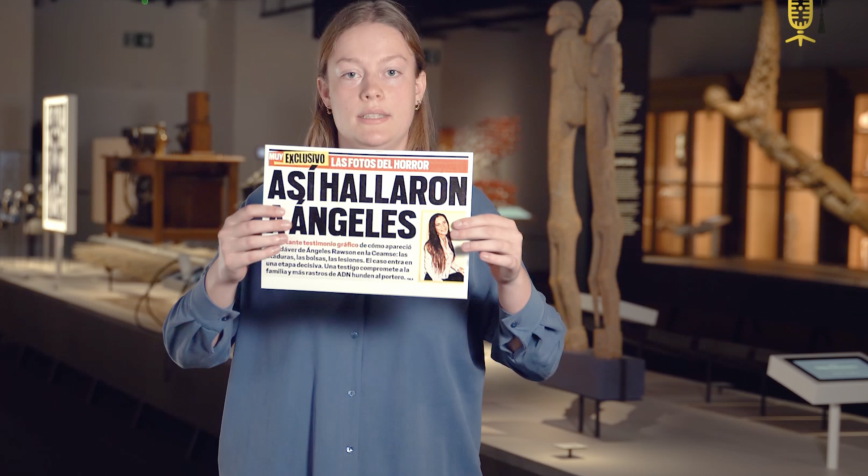
FWO
UGent
Gender violence through the lens of the Latin American Chronicle
"Muy exclusivo: las fotos del horror" is written on the cover of this Argentine newspaper. That headline refers to the photos of the dead body of a young woman that the journalists shamelessly published. "Fortunately, there are also writers in Latin America who describe gender violence in a more ethical way, in so-called chronicles", says Eva Van Hoey (UGent). She investigates how gender violence is represented in the literary genre of the chronicle.
